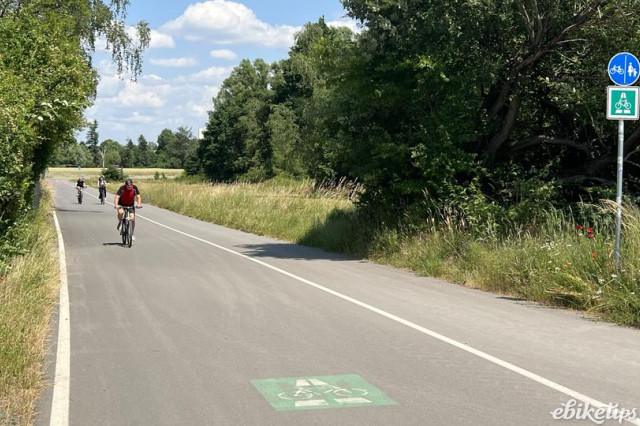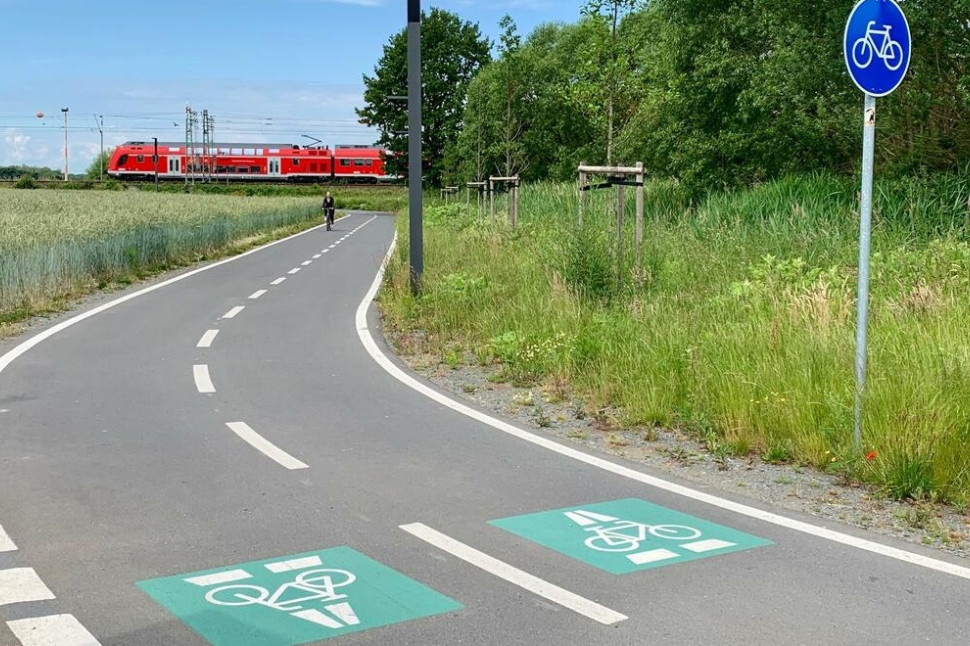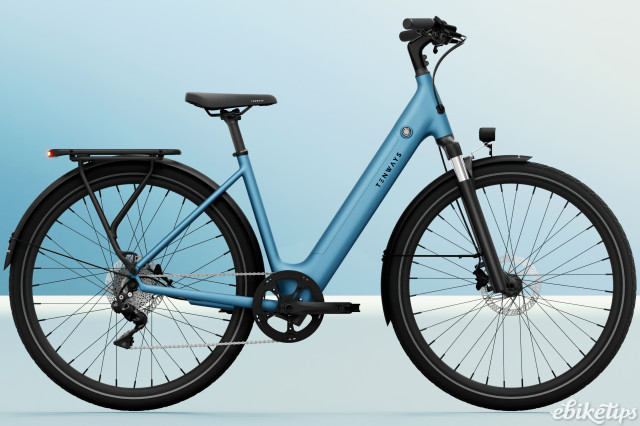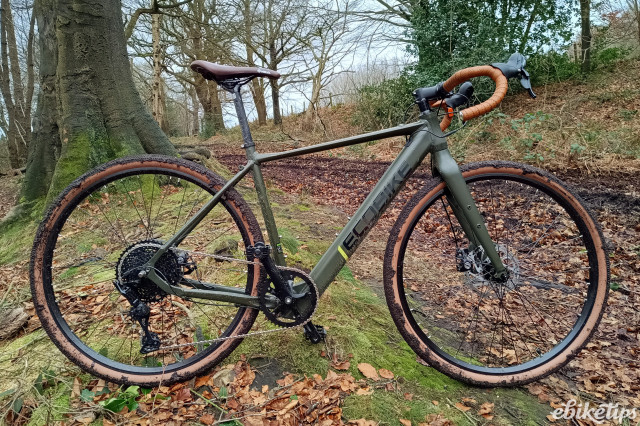Germany's Hesse state has just announced the 'Frankfurt-Darmstadt high-speed cycle link' where so called speed pedelecs, or S-pedelecs - pedal e-bikes that provide motor assistance up to 28mph (45km/h) - will be allowed on a trial basis. The aim is to gauge whether their presence has any impact on other cyclists riding at slower speeds.
The general picture is that German Road Traffic Regulations (StVO) treat speed pedelecs as mopeds, meaning that they need to meet the insurance and other requirements for this kind of motor vehicle and can only be ridden on roads (with the rare exception of occasional 'derestricted' out of town cycle paths).
> Buying and riding an S-pedelec in the UK
The trial will start in mid-May and will be a collaborative effort between the Hessian Ministry of Economic Affairs, Energy, Transport, Housing and Rural Areas (HMWVW) and the Darmstadt Regional Council. Initially the section between Langen and Darmstadt-Nord will be in use as this has already been constructed.
'Scientific support' will be available from Darmstadt University of Applied Sciences and HMWVW say, "the traffic trial is intended to investigate whether selected routes, such as high-speed cycle connections, could also be suitable for use by 'S-pedelecs'."
> Government considering doubling e-bike motor power but retaining 15mph limit
Monitoring and tests will include investigating the speeds at which different user groups travel on the high-speed cycle link and how they interact. Official documents show provision for pedestrians and slower powered and unpowered bikes (but not throttle only mopeds).
Measurements will be taken on site in the weeks before the start of the traffic trial, whilst 28mph machines are still effectively banned, and again once they are legalised. There will also be on-site surveys and interviews.
First results are expected in spring 2025 and will look to test the hypothesis that speed pedelecs, used on suitable car-free routes, can replace longer car journeys effectively without compromising the safety of S-pedelec riders or other route users.
This isn't the first trial of its kind in Germany. The Ruhr Cycle Superhighway (RS1) aims to stretch the 115 or so kilometres (more than 70 miles) from Moers to Hamm, in Hesse's neighbouring state of North Rhine Westphalia - though to date only relatively small sections around Mulheim, Essen and Bochum have been completed.
The initial cost estimate for the route was 184 million euros, which may well be one reason that progress has been so slow - the first section was completed in 2015.
RS1 is only one of a number of planned 28mph S-pedelec routes within the state.
Belgian and Swiss pioneers
Germany is a huge e-bike market when it comes to 'regular' bike-path legal models that are limited to 15.5mph. Indeed e-bikes held a 53% share of the market in 2023 with 2.1 million units sold compared to 1.9 million unassisted bikes.
The same cannot be said of 28mph-assisted S-pedelec sales which number in single digit percentage terms compared to 15.5mph models.
By contrast, in Belgian Flanders and in Switzerland, laws on where S-pedelecs are allowed and on the legal requirements surrounding them are more liberal. It's therefore no surprise that sales of 28mph e-bikes are higher here (around 16,000 and 22,000 respectively) despite being far smaller overall e-bike markets than Germany (where annual s-pedelec sales are around 11,000).








